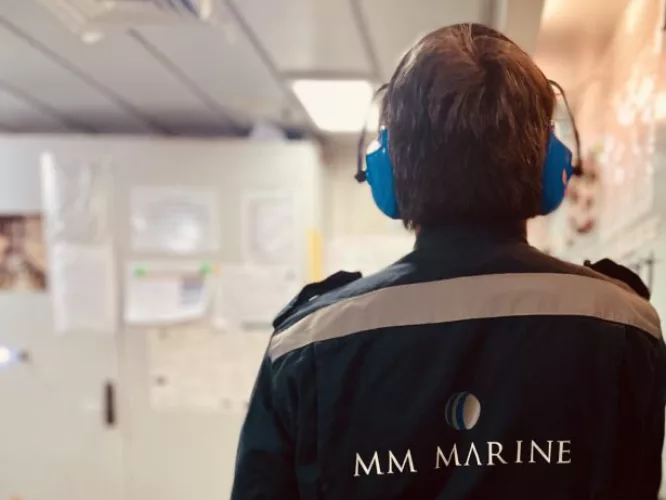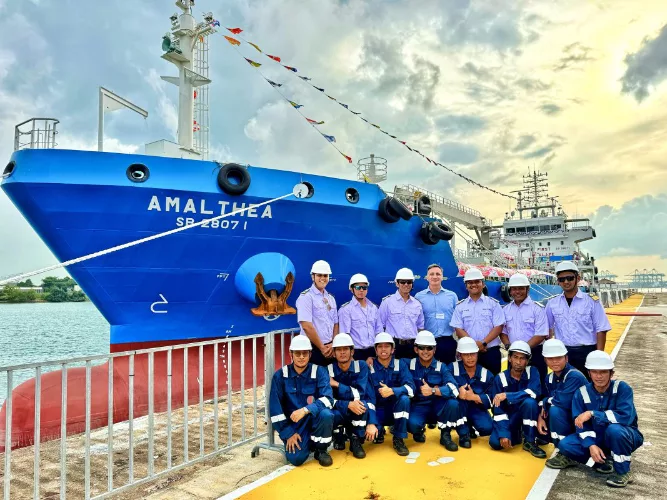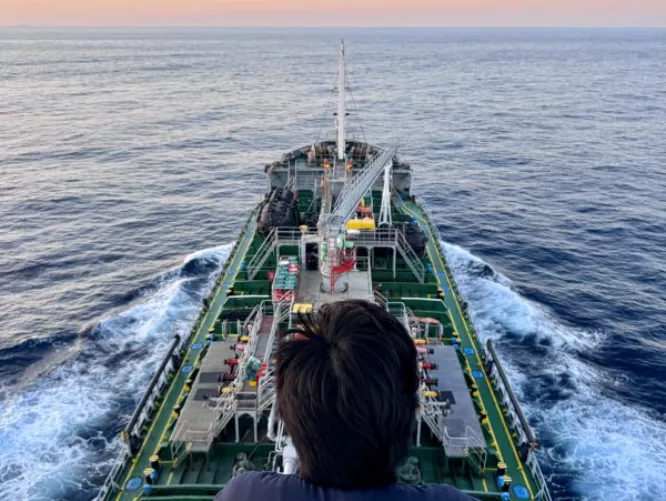People
Human rights
At Mercuria, we are committed to both protecting the environment and the people and communities touched by our operations and supply chains. Our leadership team maximizes business potential while ensuring a culture of integrity and prioritizing the well-being of our employees, partners, and wider society.
Protecting human rights is at the core of our mission. Mercuria’s commitment ranges from, but is not limited to, the elimination of forced and child labour, the right to fair and safe working conditions, the freedom of association, and the protection of communities and indigenous peoples rights.

Operating across the global market, our activities and supply chains intersect with various societies, each governed by its own set of laws and regulations. At Mercuria, we comply with all the local laws and regulations in the jurisdictions we operate in, while also adhering to internationally recognized human rights standards.
Our approach to protecting human rights is aligned with international best practices, including the UN Guiding Principles (UNGPs) on Business and Human Rights and the Ten Principles of the UN Global Compact. This commitment is embedded in our company policies and processes, guiding the actions of all employees and stakeholders.
Our Anti-Slavery & Human Trafficking, Conflict Minerals, and Supply Chains & Responsible Sourcing policies are in accordance with the Swiss Ordinance on Due Diligence and Transparency for Minerals and Metals from Conflict-Affected Areas and Child Labour (DDTrO), in specific Articles 10 and 11. We continue updating our practices and policies to reflect on the evolving global standards and best practices in human rights, ensuring that our business operations continue to align with these principles. This demonstrates our ongoing commitment to promoting and respecting human rights within our area of influence.
Anti-slavery & human trafficking
Mercuria takes an uncompromising stance against modern slavery, a serious crime that exploits individuals for profit through forced labour, human trafficking, child labour, and debt bondage. We have a zero-tolerance policy for modern slavery and are dedicated to combatting it in all its forms throughout our operations and supply chains. This commitment translates into concrete actions:
- Rigorous due diligence: We scrutinize all potential and existing business investments, acquisitions, partners, suppliers, and consumers to identify and address any modern slavery risks.
- Contractual safeguards: Our contracts explicitly require compliance with anti-slavery laws, holding all parties accountable to the highest ethical standards.
- Comprehensive policies: We have established specific policies for our employees, outlining their responsibility and role in preventing modern slavery within our company. We continuously update these policies based on the advancements in regulations and frameworks.
- Training and awareness: All Mercuria employees are equipped with the knowledge and tools to recognize and report any potential indicators of modern slavery.
- Stakeholder collaboration: We actively engage with stakeholders, including NGOs, universities and industry partners, to share best practices, raise awareness, and collectively drive positive change.
Mercuria believes that eradicating modern slavery demands collective action. We are committed to playing our part in building a future where human dignity and fundamental rights are upheld for all.
Child Labour
Our Anti-Slavery & Human Trafficking policy includes a detailed focus on eliminating child labour, affirming our alignment with the International Labour Organization (ILO) Conventions No. 138 on minimum age for admission to employment and 182 on the worst forms of child labour. We also align with the UNGPs on Business and Human Rights.
In addition to the rigorous due diligence on child labour we conduct when onboarding assets or counterparties prior to trades and investments, we have updated our risk management review process and implemented a new process to reevaluate all trades conducted during the year. The process involves evaluating all product supply chains that originate from countries with “enhanced” or “heightened” child labour concerns based on the UNICEF Children’s Rights in the Workplace Index of June 2023, as indicated by the Swiss DDTrO. Based on our analysis, there were no grounds to suspect child labour having been tied to our activities. We align with the ILO-IOE Child Labour Guidance Tool for Business in the new supply chain system we are developing for human rights risk identification and mitigation strategies.
Minerals from Conflict-Affected and High-Risk Areas
Although Mercuria does not trade in quantities of significance relative to the conflict minerals (tin, tantalum, tungsten, and gold, collectively known as “3TG”) as outlined in Annex 1 of the DDTrO, our Supply Chains & Responsible Sourcing and Conflict Mineral policies reinforce our alignment with the OECD Due Diligence Guidance for Responsible Supply Chains of Minerals from Conflict-Affected and High-Risk Areas.
We proactively collaborate with NGOs, universities, and other relevant stakeholders, valuing their insights and integrating them into our decision-making processes. Through constructive dialogue and joint initiatives, we are committed to fostering a future that promotes human rights and environmental sustainability.
Public people commitments
NEPTUNE DECLARATION – SEAFARERS RIGHTS

Minerva Bunkering’s fleet management division MM Marine, in its role as a leader in promoting positive evolution in the maritime industry, joined more than 600 companies and organizations in signing the Neptune Declaration on Seafarer Wellbeing and Crew Change. Managing and operating one of the world’s largest and most modern fleets dedicated to bunkering service, and employing more than 500 mariners, MM Marine’s responsibility towards the crew change crisis that resulted from COVID-19 was to resolve it as soon and effectively as possible.
The declaration defined four principal steps to facilitate crew changes and keep global supply chains functioning:
- Recognize seafarers as key workers and give them priority access to COVID-19 vaccines.
- Establish and implement gold standard health protocols based on existing best practices.
- Increase collaboration between ship operators and charterers to facilitate crew changes.
- Ensure air connectivity between key maritime hubs for seafarers.
The crew change crisis resulted from the inability for personnel to be rotated on and off ships during the COVID-19 pandemic, and the need to minimize the number of crew personnel being changed at any one time to maintain continuity of knowledge aboard our vessels.
Minerva Bunkering is committed to the health and well- being of our team and to improving the quality of life for all crew working across the shipping industry. The integral role that seafarers play in facilitating global trade has never been more important. The Neptune Declaration was part of a call to action and addressed some of the most pressing challenges that faced seafarers during difficult times such as the pandemic.
Continue reading
← Diversity & inclusion
Health & well-being →
Reporting areas
Governance
Planet
People
Prosperity




